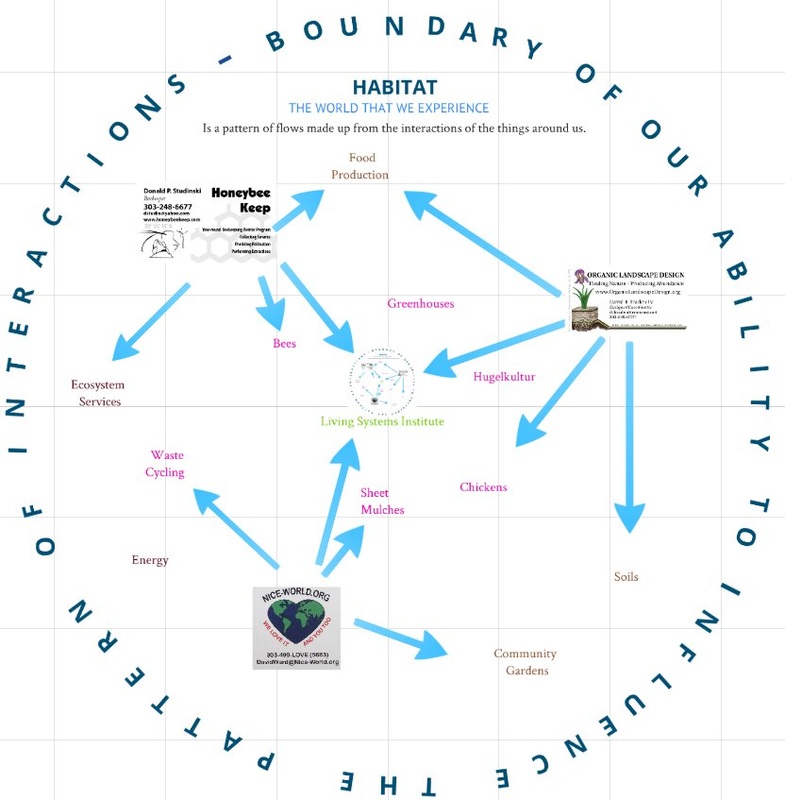A lot of these ideas come from the practice of Permaculture: (From Wikipedia) Permaculture is a branch of ecological design, ecological engineering, environmental design, construction and integrated water resources management that develops sustainable architecture, regenerative and self-maintained habitat and agricultural systems modeled from natural ecosystems. I love these workshops because they help me to build new vocabulary to help address limitations in the current scientific paradigm. So much of facilitating thought-provoking discussions is about introducing new language. It allows us to be more concise in our definitions and more dynamic in our solutions. Feeling lucky to have the resources of such an insightful community.
1 Comment
This past weekend I attended a workshop hosted by the Denver Permaculture Guild. The topic was Defining and Sharing Appropriate Technology. When I saw the event posted on facebook I thought it amazingly fortuitous. Once again, finding exactly the conversations I want to be having. The event was held at the Posner Center for International Development , a very swanky renovated warehouse, ripe with a collaborative office set up (lots of different companies sharing the space). We began our discussion with introductions and it seemed most people had an interest in agricultural sustainability and ecological conservation. As we started defining appropriate technology it naturally was described in this sort of context. Definitions involved: -Reducing/eliminating pollution -reuse and recycle of materials -building bottom up, starting from scratch with available materials -supportive of non-growth economy -cultivating other types of capital besides financial, ie Social Capital For me I define Appropriate Technology as tools that have been ethically evaluated for social benefit of the community. And, maybe 'social benefit' is loaded, but I think it comes down to just actually having the conversation. "What could be some of the positive and negative impacts on society? "What will the manufacturing of such a technology require?" "How does this change us as human beings" Because ultimately, every tool or technology is an extension of human evolution (IMO), and so should we be constantly evaluating what we want that to look like? We then brainstormed a few different scales to use in analysing 'appropriateness'. (added some of my own, isolative?....maybe should be isolating) I think th e key here is finding where the technology should lie on the scale based on factors such as quality of life and accessibilty of resources. Not that one side is better than the other or that one is even practically achievable. I found it to be a good thought-povoking tool that could be used in future scientific ethics conversations. Hope that more workshops like these will be happening in the future. Thanks Denver Permaculture! |
AuthorKendra is the founder of 4Love+Science and works as a Science and Community Consultant Archives
June 2018
Categories
All
|



 RSS Feed
RSS Feed